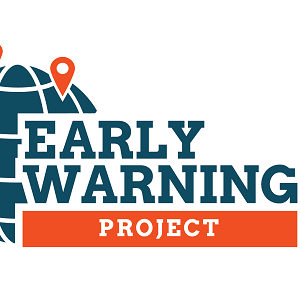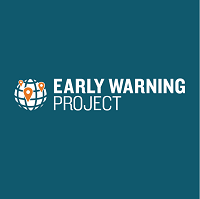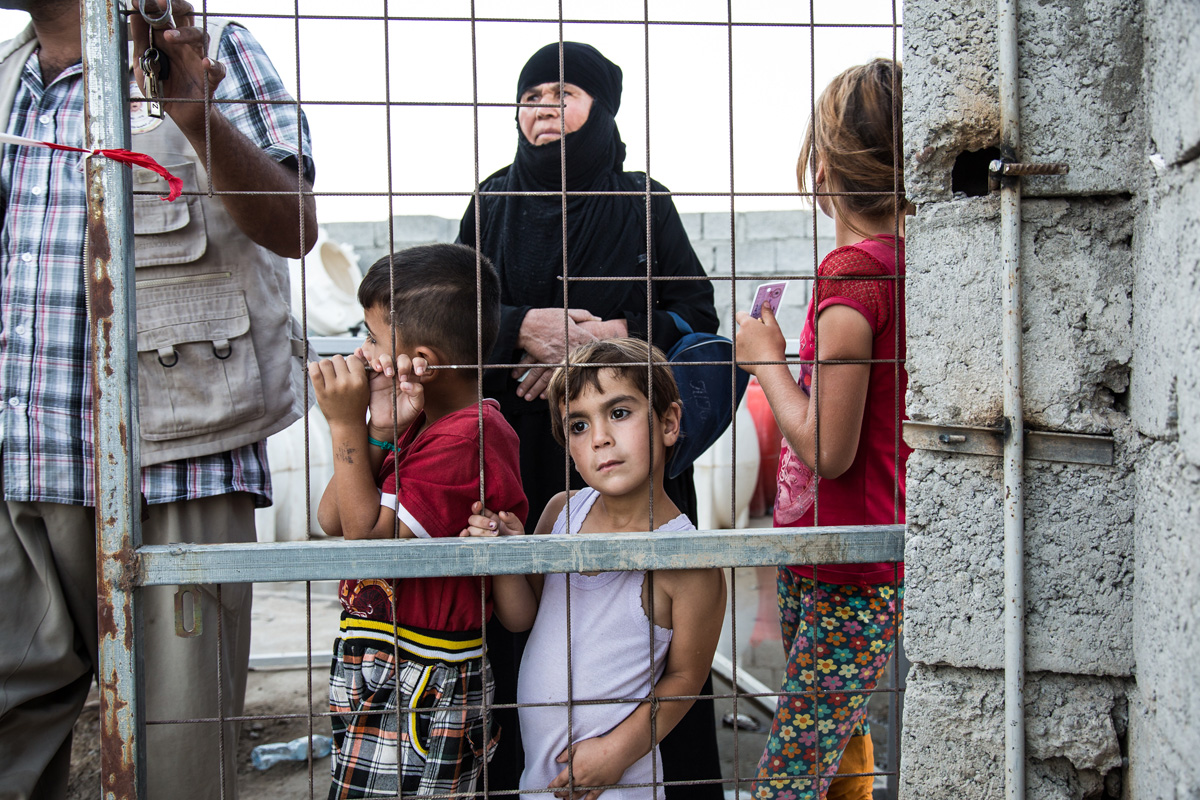Blog Home > early warning project
-

When It Comes to Forecasting, Put a Number On It
November 12, 2015
Mass atrocities occur rarely, and they are hard to predict. So aren’t risk assessments in the form of predicted probabilities, like the ones the Early Warning Project produces, a little too precise? When we ask the participants in our opinion pool to assign a number to their beliefs about the likelihood that various events will happen, are we really adding useful information, or are we putting too fine a point on things?
-

Protests in Burundi and the Risk of Mass Killing
May 2, 2015
In April 26, Pierre Nkurunziza, the president of Burundi since 2005, announced he would run for a third term in upcoming elections, prompting protests and violence in Bujumbura, the country’s capital. Civil society actors and opposition advocates argue that Nkurunziza and his political party, the National Council for the Defense of Democracy–Forces for the Defense of Democracy (CNDD-FDD), have violated the terms of the 2005 Arusha Accords, which ended a decades-long civil war that saw over 300,000 civilian deaths.
-

Despite Low Mass Killing Risks, Likelihood of New Conflict in Mali Increase as Peace Talks Falter
April 2, 2015
In the early morning of March 6, a masked gunman attacked a crowded nightclub in Bamako, the capital of Mali. In a combination of automatic gunfire and grenade blasts claimed by the northern Mali-based militant group Al Mourabitoun, the gunman killed five people, including four civilians. Beyond Bamako, rebel violence since the conclusion of a French-led military operation against militants in the country’s northern region in early 2013 has periodically targeted civilians throughout Mali.
-

In Nigeria, Ongoing Mass Killings Threaten Civilians as Concerns of New Violence Mount
March 25, 2015
On March 11, Nigerian officials announced that a coalition of West African security forces had occupied 36 towns in northeast Nigeria previously held by Boko Haram, the Nigerian militant group. Earlier the following week, Nigerian security forces also claimed control of Bama, a town in northeast Borno state strategically located along the road between Maiduguri, the state capital, and the Nigeria-Cameroon border. The coalition’s territorial gains are the latest display of military strength by troops that, until recent months, have been unable to stem Boko Haram’s attacks against civilian and military targets in northeast Nigeria, northern Cameroon, and southeast Niger.
-

On The Fourth Anniversary of the Syrian Civil War: A Case for Prevention
March 18, 2015
The fourth anniversary of the Syrian civil war is this week, and the statistics showing the human toll of the conflict are bleak. Nine children are killed in Syria every day. 6-percent of the population has been killed, maimed, or wounded. Life expectancy has fallen by 27-percent, from 75.9 years to 55.7 years. And 3.3 million Syrians have fled and are living as refugees in neighboring countries; 7.6 million people are internally displaced.
-

In Yemen, Chronic Instability May Decrease the Likelihood of Mass Killing
March 3, 2015
As one of the 20 countries most likely to experience the start of a new episode of state-led mass killing, according to our statistical risk assessments, Yemen demands our attention. In recent weeks, several countries have shut their embassies in Sanaa, and the UN has continued to warn of the potential for civil war.
-

Atrocities Early Warning Q&A: Simona Cruciani
January 27, 2015
Simona Cruciani works on information management, early warning, and risk assessment in the United Nations Office on Genocide Prevention and the Responsibility to Protect. She joined the Office in July 2008, after having served in United Nations field operations in Burundi and Sudan. In Burundi, Cruciani served in the United Nations Peacekeeping Operations ONUB as an Electoral and Civil Affairs Officer. In Sudan, she worked as Civil Affairs Officer for UNMIS. Cruciani’s focus has primarily been on supporting human security, democratization and human rights in conflict and post-conflict situations. She owns Master’s Degrees in Contemporary History, International Affairs and Public Health.
-

What Makes Good Forecasters
January 23, 2015
The Early Warning Project strives to use the best methods to assess risks of mass atrocities around the world, so we are happy to see a new paper (PDF) from the Good Judgment Project (GJP)—a multi-year, U.S. government-funded forecasting experiment that's set to conclude later this year—getting lots of press coverage this week. As Kelsey Atherton describes for Popular Science (here),
-

As Burundi’s Elections Approach, Is Mass Killing Likely?
December 8, 2014
Human rights groups and the United Nations have been warning that Burundi’s elections in 2015 could spark a genocide, but the Early Warning Project’s risk assessments so far indicate that Burundi is not at especially high risk of state-led mass killing. To explore this discrepancy, I asked a handful of experts for their views on this case. While all of the sources I interviewed agreed that the UN was right to be concerned, they disagreed on how severe the risk is and how a new episode of state-led mass killing might come about.
-

Beyond the Canon: New UN Tool Suggests Broader Base for Thinking about Atrocity Prevention
November 13, 2014
In a small but meaningful gesture, the photographs on the cover of the UN’s new framework of analysis for assessing the risk of genocide and other mass atrocities go beyond what I call the genocide canon—the cases of Armenia, the Holocaust, Rwanda, Srebrenica, and, of late, Darfur that are typically cited to prick people’s conscience and spur action by policymakers—to include images from East Timor, Guatemala, and Cambodia [see below; captions are on page ii of the document].


